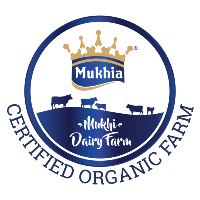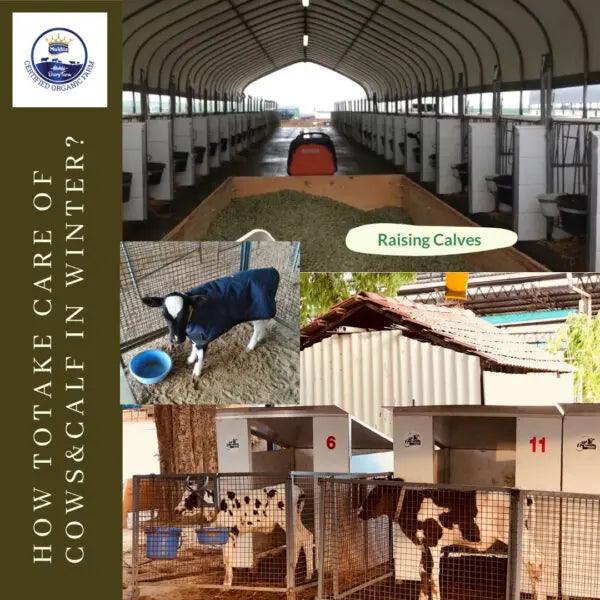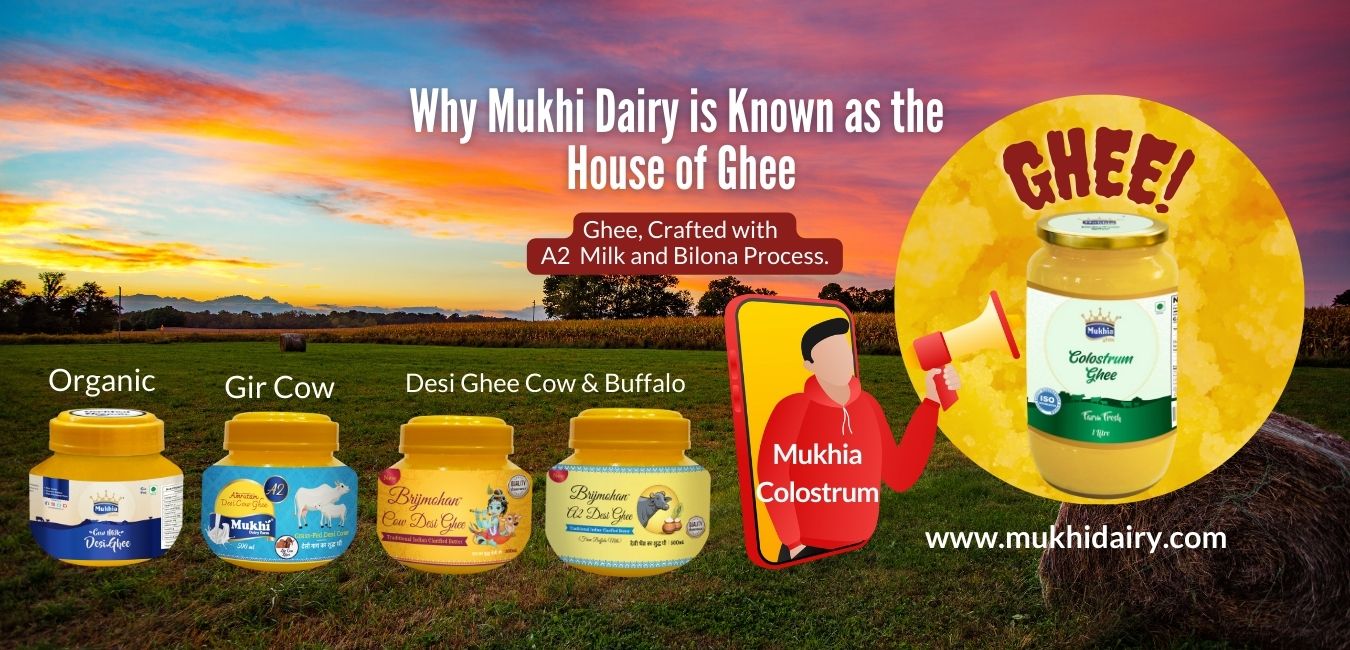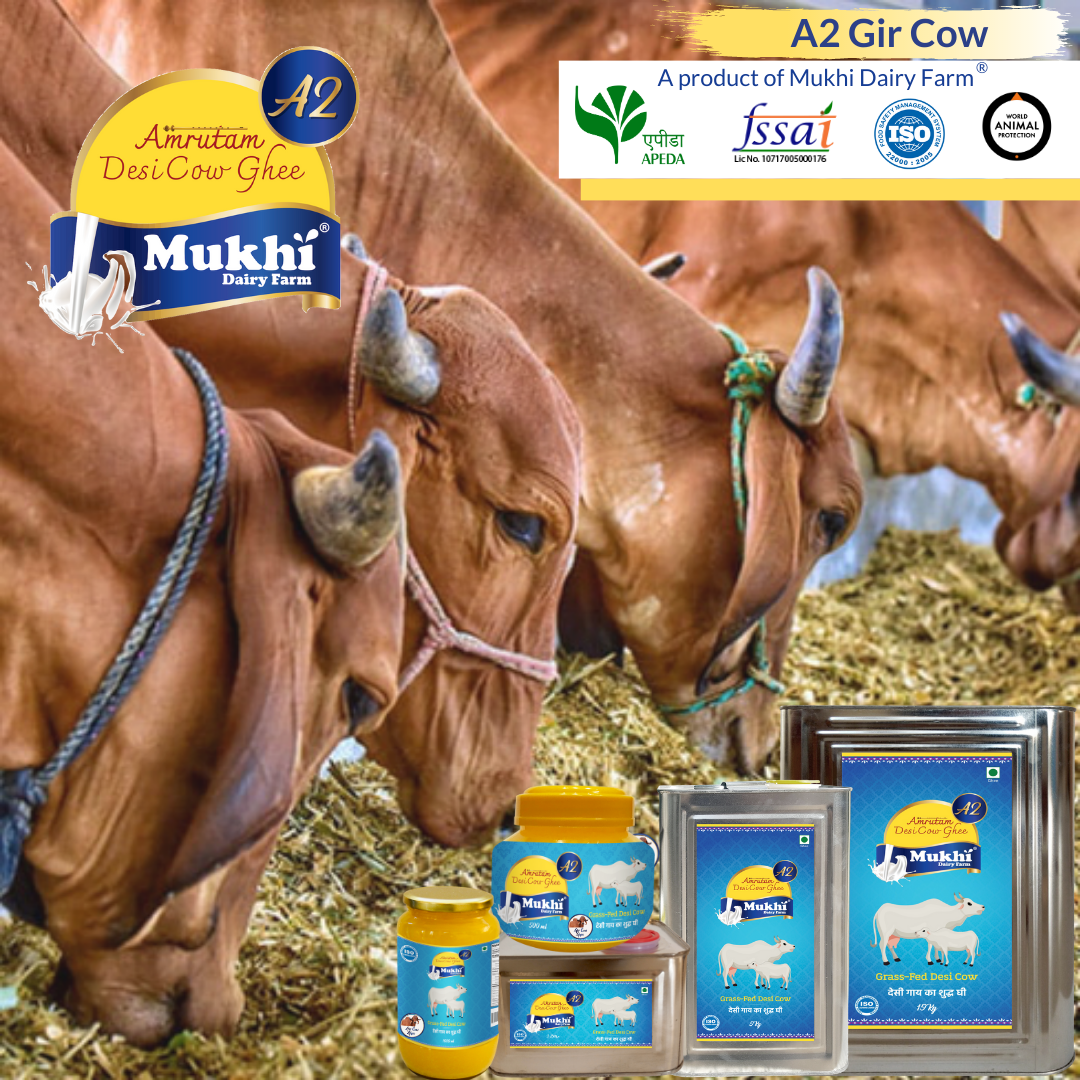
Winter impacts on our cows. Cows can’t put on the blankets and coats to keep themselves warm but they need the different ways to keep them warm. Following are the ways we need to take care.
James England, University of Idaho DVM, says cows must be in good condition (preferably a body condition score 6) to handle weather, calving and rebreeding. “With adequate condition at the start of winter and good maintenance throughout, most animals winter well. But, without adequate nutrition, anything else we do is set up for failure,” he says.
How to take Care of Cows in Winter?
- Provide more feed to the cows. As research shows that the cows feed intake increase by 20% in winter. When the feed intake increase, the fermentation in rumen gets increased and the biggest waste of fermentation is heat. So, when we feed more the more fermentation happens and produce more heat.
- Young and aged cows should be kept different for proper and extra feed intake. The thin cows should be kept different from the herd. Once separated, make sure they plenty of feed and access to cattle mineral and cattle supplements.
- Hair coat: Cattle can grow long, thick coats to provide insulation against cold weather. If cattle are not exposed to the cold such as in a warm tie stall barn, they acclimate to the temperature of their given environment. The hair coat needs to stay clean and dry to provide the best insulation protection for the cow.
- Prevent the accumulation of ice as much as possible especially on walking surfaces for cows.
- Cows need more calories to keep themselves warm, especially cows with less than moderate body condition
- Reduce humidity to ensure better ventilation, preventing excessive moisture in sheds, roof dripping and ground freezing phenomenon.
- Let your cows be out in the afternoon sunlight.
- Use dry cleaning method to clean the floor and use less water.
- Water tanks shouldn’t be frozen. As frozen water limits the water and feed intake by cows.
- Provide lukewarm water to drink. Utilize the thermometer to check the water tank heater elements are working orderly or not. Cows prefer the temperature of the water to be between 40 and 65ºF.
- Blankets are most useful for calves less than 3 weeks of age that are not yet eating grain. Warm blankets should not be so hot that they cause skin burns or sweating during the day.
- Keep the cows in closed shed/shelter at night if possible.
- To ensure that essential salts are maintained in the animals, provide salt mixtures in adequate quantities along with their feed.
- To maintain the body temperature of animals in milk, they should be fed with a mixture of oil cakes and jaggery.
- Winter season, is the best season to deworm the cows.
- Take adequate care to prevent occurrence of Mastitis in animals.
- Reduce humidity to prevent excessive moisture in shed, dripping from the roof and ground freezing.
We Mukhi Dairy Farm, follows the same precautions for our cow in winter season.





